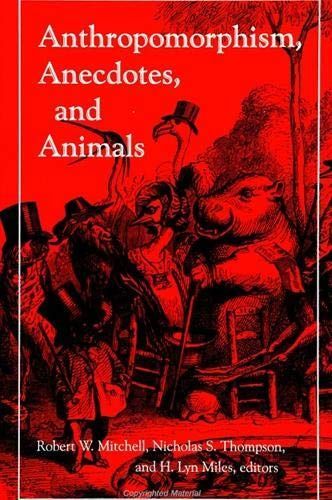
Anthropomorphism, Anecdotes, and Animals
People commonly think that animals are psychologically like themselves (anthropomorphism), and describe what animals do in narratives (anecdotes) that support these psychological interpretations. This is the first book to evaluate the significance and usefulness of the practices of anthropomorphism and anecdotalism for understanding animals. Diverse perspectives are presented in thoughtful, critical essays by historians, philosophers, anthropologists, psychologists, behaviorists, biologists, primatologists, and ethologists. The nature of anthropomorphism and anecdotal analysis is examined; social, cultural, and historical attitudes toward them are presented; and scientific attitudes are appraised. Authors provide fascinating in-depth descriptions and analyses of diverse species of animals, including octopi, great apes, monkeys, dogs, sea lions, and, of course, human beings. Concerns about, and proposals for, evaluations of a variety of psychological aspects of animals are discussed, including mental state attribution, intentionality, cognition, consciousness, self-consciousness, and language.